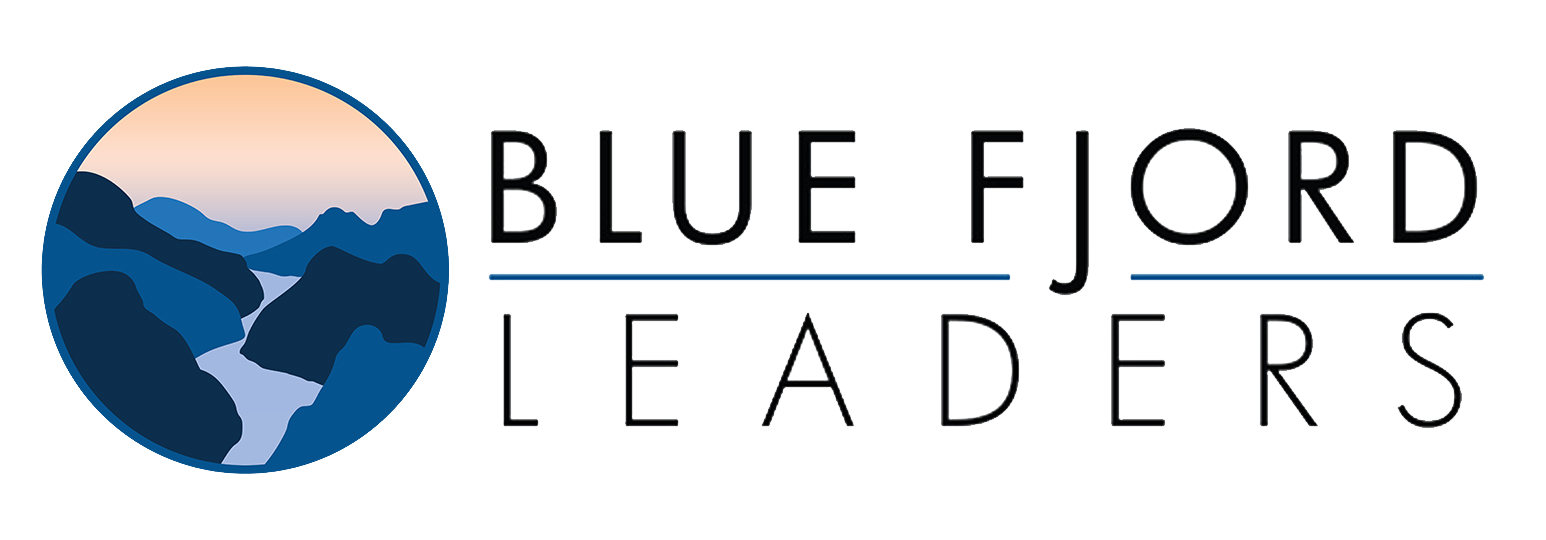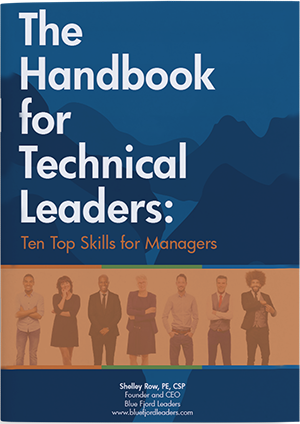What is the “whole brain approach?”
What a year it’s been! With the new year approaching perhaps you are looking for, have applied for, or are considering a new job. That can be stressful and anxiety-producing, and you can find yourself over-thinking it. (Believe me, I know!) When working with coaching clients, I encourage a whole brain approach for stress reduction and sound decision-making. When considering job opportunities with the whole brain you’ll ask yourself:
- What do I think?
- How do I feel?
- What’s the long view?
Here’s a practical way to put this approach into action.
How to use the whole brain approach when job-seeking
Gather information. First, you gather the facts and fundamentals about the job.
- What are the job responsibilities?
- What skills are needed and how do they match up with mine? (Nothing job is a perfect fit. The job roles that are a good fit will come easily. Don’t underestimate the roles that aren’t a natural fit for your skills. They take more energy. Consider the amount of time you will be working against your natural skills.)
- What authority does the position have?
- What is the relationship within the organizational structure? What parts of the organization would you interface with and how?
- To whom do you report? What do you know (or can find out) about that person? What’s their management approach? What’s their reputation in the office and in the industry?
- What is the organizational culture?
- Where is the organizational power (formal and informal)? How are decisions made and what role would you have in those decisions?
- What support is provided for personal growth and development?
- What is the pay and other benefits?
With this information, engage the neocortex (the thinking part of the brain). What do you think about the position? Is it a good fit for your skills and career path? Is the work intellectually engaging?
Check-in with your feelings. It can be easy to discount the feeling of a position. For engineers and other technically-oriented people, we are particularly prone to over-estimate the factual information and under-estimate the feel. Both, however, are essential to productive and fulfilling work. After gathering information, get quiet and consider how you feel about all you learned.
Consider the work environment that fills your energy and enables your best work. What are the characteristics of that environment? With that in mind, ask yourself:
- How well does this position match your ideal environment?
- How do you feel about the conversations you had with staff and others?
- What sense did you get about the people in authority?
- How did the culture feel?
- What was the atmosphere like? Exciting, engaging, high energy, introspective, quiet, thoughtful, serious?
- Is there a nagging feeling inside like a mini red flag? Don’t ignore this! Question yourself. What’s behind that feeling? Was it something said, unsaid, a tone? This is a good topic for a follow-up discussion.
Here you tap into the limbic brain (emotional center). It picks up on undercurrents that will be missed by the neocortex when it’s busy thinking. There is wisdom here that should not be ignored. Notice if you are excited and enthusiastic or a bit hesitant. No amount of factual information overcomes the feeling (or lack of feeling). The feeling you have for the position is AS IMPORTANT as the information you gathered.
Gain perspective. It’s not unusual at this point, that people get stuck. The brain over-thinks. What if it’s not what I expected? What if I don’t like it? What if they don’t follow through with the promises? There are a thousand “what ifs.” At this point, it’s time to take perspective. Remember, this is not a forever decision. Yes, your job choice impacts your career and your life. Each position you hold gives you experience and background that will always be a resource for you. However, it’s rare that you’re stuck. If the position doesn’t go as planned, make a change. If you outgrow the position, make a change.
Making the right employment decision
I don’t advocate jumping from job to job, but I do advocate for your personal power. Often in my coaching practice, a client agonizes over a job decision too long. All you can do (all any of us can do) is make the best decision you can in this moment based on the best information you have in this moment. Sometimes, you will misread the information or realize that relevant information was missing. That happens. In that moment, you make another decision that is the best one you can make in that moment.
With each position, you add to your repository of experience. Every day in your career and life feeds you. This is the foundation from which you build judgment, depth, and wisdom whether you lead thousands or yourself.
Do your research. Gather information, check-in with your feelings, remember that it’s not a forever decision and THEN make the best decision you can in this moment. That’s using the whole brain.





0 Comments